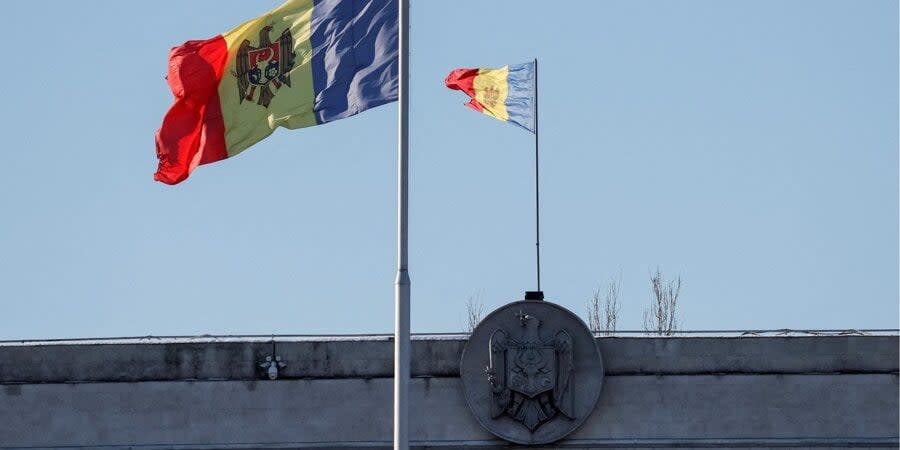Kremlin has plans to turn Moldova into Russian satellite, investigative media reveals

A document with the Kremlin’s plans, titled “Strategic Goals of the Russian Federation in the Republic of Moldova,” included a plan to make Moldova completely dependent on Moscow by 2030.
Read also: Russia planning coup d’état in Moldova, says Sandu
The plan included three stages – to be completed by 2022, by 2025, and by 2030 – and outlined Russia’s subversive activities in the military-political, trade, economic, and humanitarian fields.
Among the goals of Russia’s Presidential Administration is to force Moldova to join the Collective Security Treaty Organization and to expand its participation in the Eurasian Economic Union.
The Kremlin's short-term goals include neutralizing any actions of the Moldovan government aimed at eliminating the Russian military presence in Transnistria; creating a network of non-governmental organizations that promote the development of Russian-Moldovan relations; and opening a Russian consulate general in Comrat, the capital of the autonomous region of Gagauzia in the south of Moldova.
Read also: Sandu convenes Supreme Security Council amid concerns of Russian invasion
By 2025, the Kremlin hopes to foster pro-Russian sentiment among Moldova's elite by expanding political movements friendly to Moscow. Russia also seeks to ensure that Russian-language education is continued in the country.
By 2030, the plan sees expanding Moldova's participation in the EAEU, creating stable groups of Russian influence in the republic, and resolving the Transnistrian conflict by giving Transnistria a special status.
The plan calls for Russian to be established as the language of interethnic communication in Moldova.
The plan also assumes that Moscow will actively fight the influence of NATO, the EU, the United States, Turkey, and Ukraine on Moldova.
Read also: Transnistria residents refuse to sign contracts with Russian army, says Ukrainian intel
Among the instruments of pressure on Chisinau was the exploitation of Moldova's dependence on Russian imports, primarily gas supplies.
One of the document's authors was Andrei Vavilov, an employee of the Presidential Office for Border Cooperation. After spending a decade at Russia’s FSB, in 2007 he joined Russian dictator Vladimir Putin's Russkiy Mir foundation, dedicated to spreading Russian language and culture abroad.
Vavilov moved in 2011 to the Presidential Administration, where he has been working on Moldova.
The strategy’s co-author is Viktor Lysenko, deputy head of the presidential department for interregional and cultural relations with foreign countries, who is a direct subordinate of Deputy Kremlin Chief of Staff Dmitry Kozak.
According to sources, he regularly speaks with FSB General Dmitry Milutin, who oversees the Moldova operations of the special services.
Previously, Ukrainian President Volodymyr Zelenskyy announced that Moscow was considering carrying out a coup d'état in Moldova, seizing the airport in Chisinau, and sending in its military. This was later confirmed by the country's new prime minister, Dorin Recean.
Read also: Ukrainian intelligence intercepted Russian plot to destroy Moldova, Zelenskyy says
The head of the Moldovan Information and Security Service, Alexandru Musteata, claimed that Russia could launch an offensive against Moldova as early as early 2023.
Poland's Foreign Ministry said that Poland, the Baltic states, and Moldova are on the Kremlin's list of targets, but that no Russian attack is imminent.
We’re bringing the voice of Ukraine to the world. Support us with a one-time donation, or become a Patron!
Read the original article on The New Voice of Ukraine

